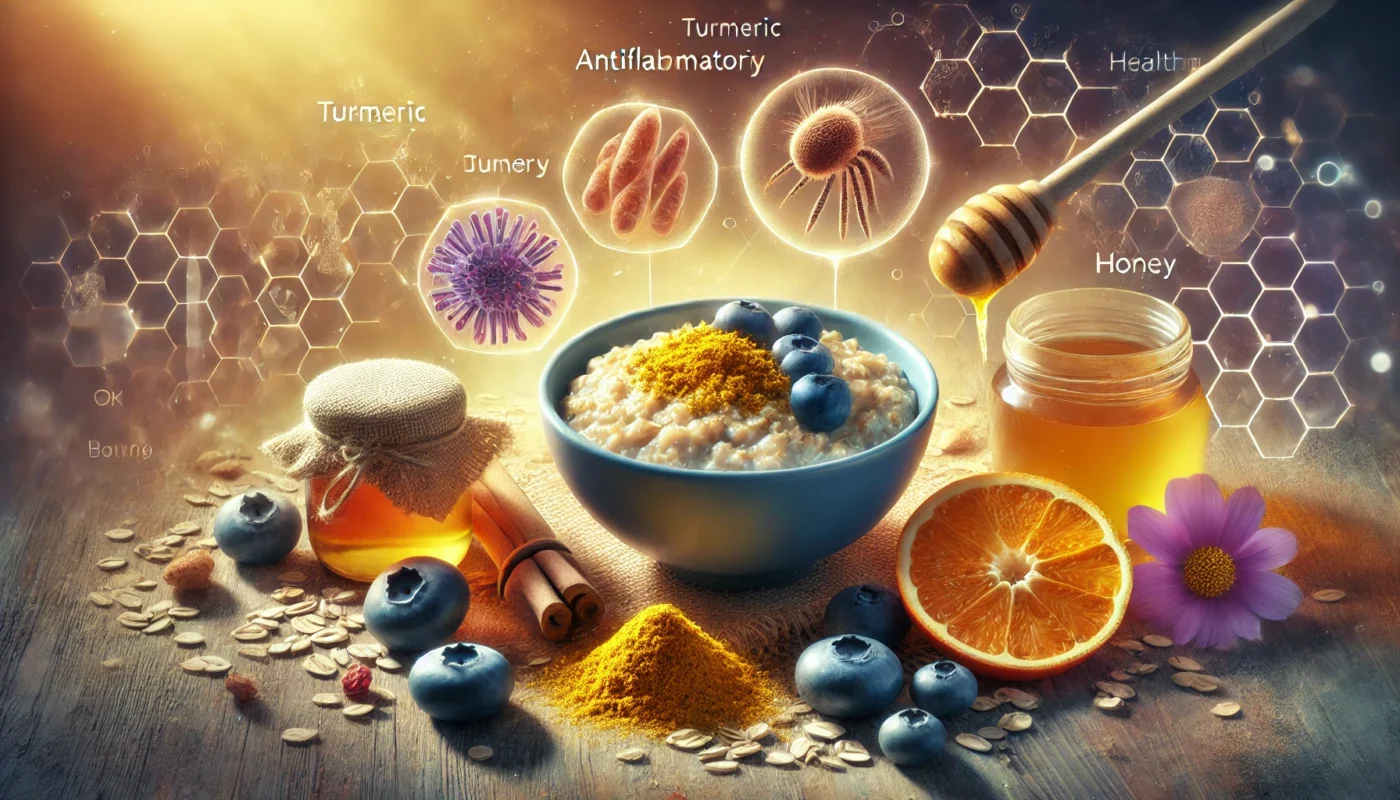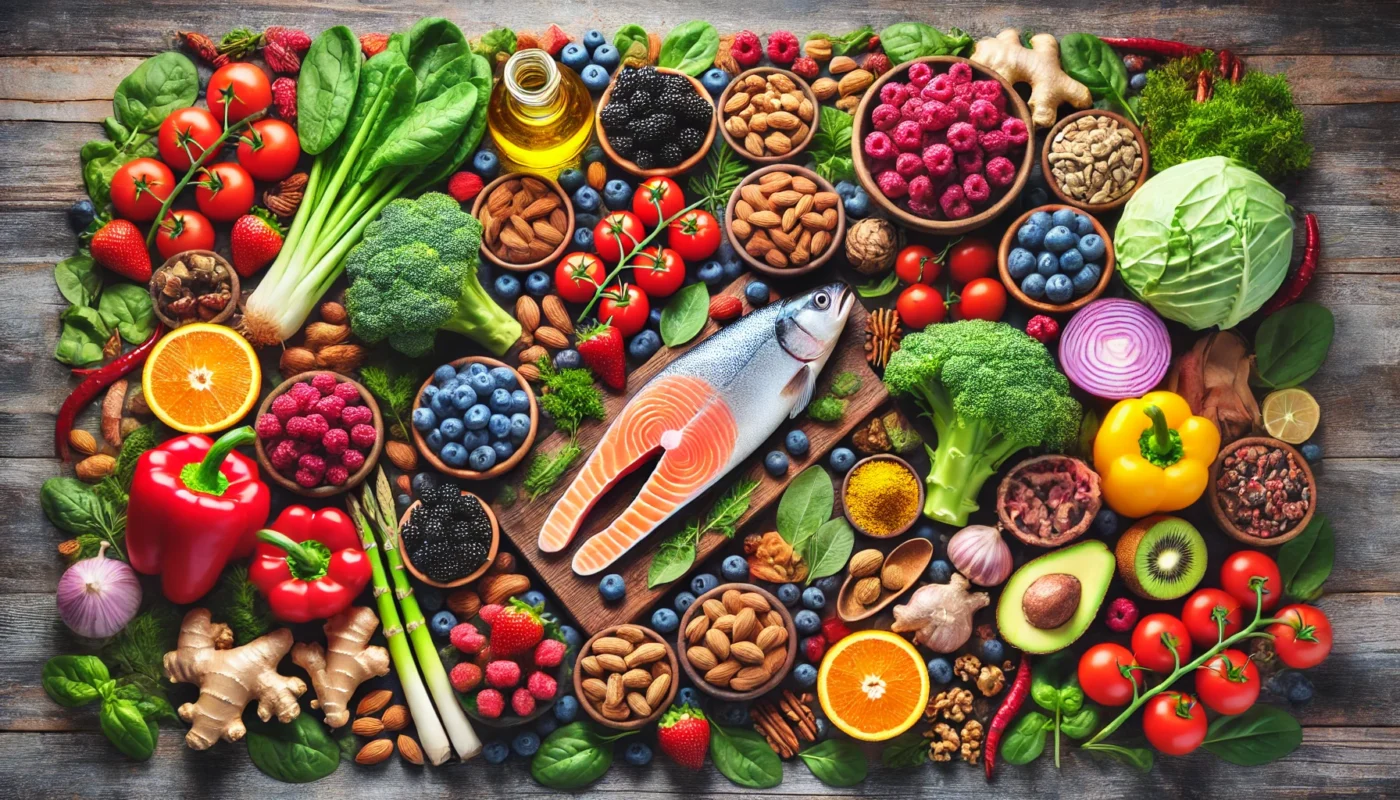Inflammation is a natural response of the body to injury or illness, but chronic inflammation can lead to a host of health issues, including arthritis, heart disease, and diabetes. While medications can help, many people are turning to natural remedies to reduce inflammation, and juices made from anti-inflammatory ingredients are increasingly popular. In this guide, we’ll explore some of the top juices that can help combat inflammation naturally, backed by scientific evidence and practical advice.
Tag Archives: Wellness
To comprehend oatmeal’s impact, we must first understand inflammation. Inflammation is the body’s natural response to injury or infection, a crucial part of healing. However, chronic inflammation is a different story. It can lead to various health problems, including heart disease, diabetes, and arthritis. Therefore, managing inflammation is vital for maintaining optimal health.
Inflammation is your body’s response to injury or infection, a defense mechanism that helps the body heal and protect itself. However, when inflammation persists, it can contribute to chronic diseases like arthritis, heart disease, and even cancer. This ongoing inflammatory process can be detrimental, hence the importance of implementing strategies to manage and reduce inflammation effectively.
Inflammation is a natural and essential part of the body’s immune response. It helps to fend off pathogens and repair tissue. However, when inflammation becomes chronic, it can contribute to a host of health issues, including arthritis, heart disease, and diabetes. Chronic inflammation is often described as a slow, silent burn that can lead to significant long-term damage.
Inflammation is a natural response of our immune system. It’s a protective mechanism that helps our bodies heal from injury and fight off harmful invaders. But when inflammation becomes chronic, it can lead to various health issues, from heart disease to arthritis.
Diet plays a crucial role in managing inflammation. Certain foods can trigger an inflammatory response, while others can help to reduce it. This article will explore the top 20 anti-inflammatory foods that can help you manage inflammation naturally.
Traditional medicine encompasses a diverse array of practices, beliefs, and therapies that have been cultivated and refined over generations. These practices are often deeply rooted in cultural traditions and emphasize a holistic approach, highlighting the interconnectedness of mind, body, and spirit. Here, we explore the depth and breadth of traditional medicine practices around the world.
In the quest for optimal health and wellness, many individuals are exploring beyond the boundaries of conventional medicine. They are turning to alternative therapies, a realm of healthcare that offers a diverse array of treatment options.
Alternative therapies encompass a broad spectrum of practices. These range from acupuncture to herbal medicine, from yoga to chiropractic care. They are often rooted in ancient traditions and holistic philosophies, focusing on the whole person rather than isolated symptoms.
In recent years, the landscape of healthcare has seen a significant shift, with more individuals seeking out alternative medicine centers as a means to complement traditional medical treatments. These centers, often referred to as holistic treatment centers or offices of alternative medicine, are becoming increasingly popular across the globe. This article aims to delve into the factors contributing to the rise of these centers, their benefits, and what you need to know if you’re considering integrating alternative medicine into your health regimen.
Before diving into how to find the best practitioners, it’s essential to understand what integrative health entails. Integrative health combines conventional Western medicine with complementary and alternative therapies. This approach emphasizes the whole person, focusing on wellness and healing rather than just treating disease.
In the ever-evolving landscape of healthcare, a growing number of individuals are seeking more comprehensive and integrative approaches to their well-being. Enter the realm of holistic primary care physicians—medical professionals who prioritize the treatment of the whole person rather than focusing solely on symptoms or specific diseases. This article delves into the benefits of engaging with a holistic primary care physician, emphasizing the importance of whole-person care and how it can transform your health journey.










